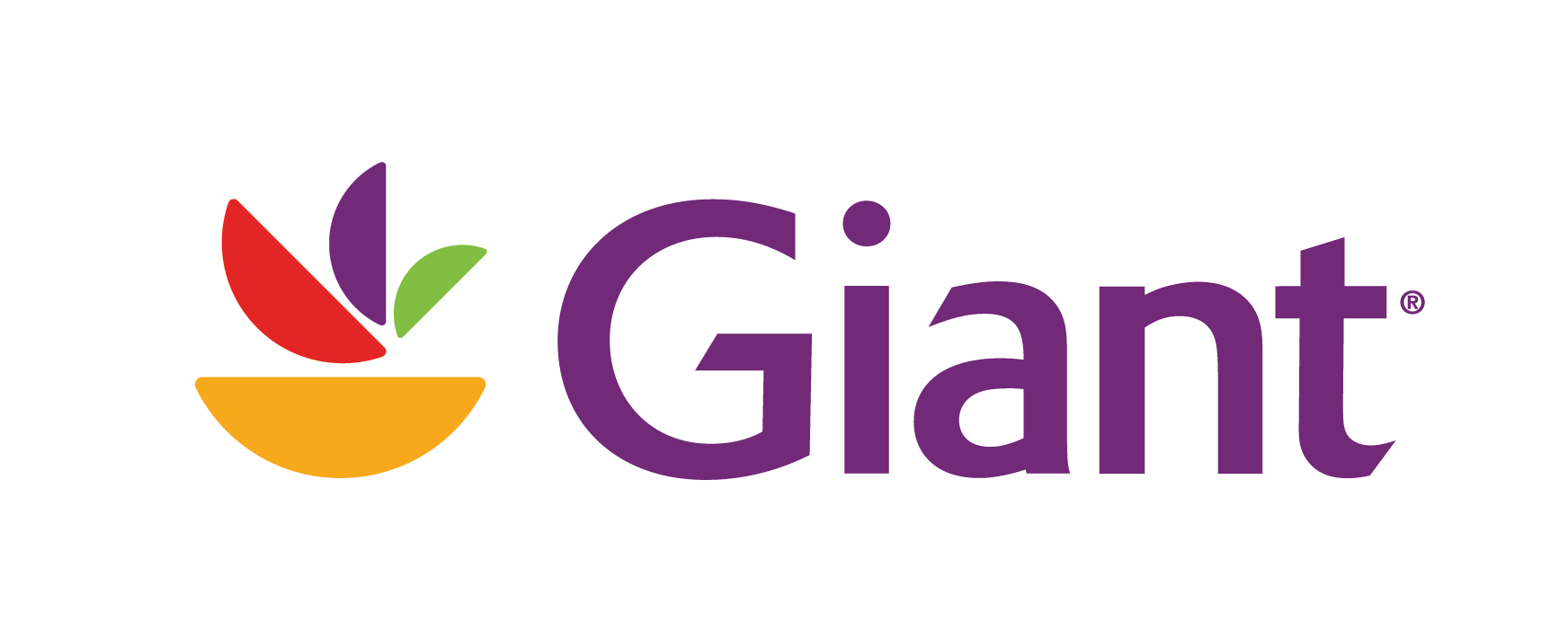In an interview with Pharmacy Times, Eric Asanansi PharmD, discussed ways for pharmacists to promote cardiac health awareness and CPR training during American Heart Month. Asanansi advocated for community outreach efforts and becoming CPR certified to lead by example. Asanansi emphasized that studies have shown that CPR could increase survival rates by up to 3 times when performed immediately. Lastly, Asanansi noted that targeted training for groups at higher risk of cardiac arrest could help address low bystander response rates in some communities.
Pharmacy Times
Can you introduce yourself?
Eric Asanansi
Hi, thank you. My name is Eric Asanansi, and I am a pharmacy manager at Giant Foods in Maryland.
Pharmacy Times
Key Takeaways
- CPR training and certification can significantly increase survival rates when performed immediately during cardiac arrest.
- Pharmacists and healthcare providers can help raise awareness and promote CPR training through community outreach programs.
- Targeted CPR education for high-risk groups can help address disparities in bystander response rates.
Since February is American Heart Month, how can pharmacists raise awareness about CPR and heart health during this month?
Eric Asanansi
I think we can raise awareness just by continuing to do we have been doing. We have been community staple, not only inside of our stores or retail settings—we go out to the community, but we also promote certain things. We continue to promote and let people be aware of heart issues, that way, everyone can come together on the same accord and do something about this.
Pharmacy Times
Studies found that more 350,000 cardiac arrests occur outside of a hospital setting. How can pharmacists help promote individuals to become CPR certified?
Eric Asanansi
Oh, great question. Again, we are we are a jack of all trades, we wear many hats. I think to encourage people to become CPR certified, I think the best way to do so is to just take on the task ourselves. We can continue to go out through communities and push for advocacy for these things. We can meet with community members who have high influence, and they can also push within their communities. As well, becoming CPR trainers ourselves, we can do it directly that way. Giant just newly launched a CPR program where we're going out to the communities and getting with organizations and helping them get their community members CPR certified.
Pharmacy Times
CPR could save lives if performed immediately. However, less than half of people who experience sudden cardiac arrest receive CPR by a bystander. Do you have any advice on how to lessen fears of those that are CPR certified that may be nervous to perform in an emergency?
Pharmacy Times
Have you noticed any benefits of patients' health and survival rates are more individuals become CPR certified?
Eric Asanansi
CPR if done in a timely manner in the correct way, you increase someone's chances up to three-fold. And you're trained and you have a fiduciary responsibility to your society and your community to help and just be there for them. I know some people are a little anxious when it comes to touching others because we just came out of a pandemic. That's fresh on people's minds. And the first thing when you do CPR, you think of a mouth to mouth and the proximity you must engage in to help somebody, but there are there are ways around that. There are barriers we can use when giving people mouth to mouth, there are also devices such as bag mask or pocket mask that can aid in that germ prevention stance that people may be a little anxious about. So, with that said, and that known, just know that CPR is a vital part to survival. Cardiac arrest is the number one killer globally. So just remember that and that person that you see, could be someone you know, it could be a loved one, because 70% of the time, CPR needed inside a home. So, if you're in someone's home, it's possibly somebody you know. We don't go into people's house, we don't know, for the most part. So just be ready. And let's go, let's get it done.
Eric Asanansi
Well, the ASA says that, between 100,000 and 200,000 lives can be saved if CPR is done in a timely manner yearly. So, with that said, and the fact that we know that only 18% of people who are CPR certified, are current CPR, I would say that we can make a huge trend swing with people being CPR certified. Those numbers alone, let you know that it's an undervalued skill. And the more hands we have on deck, the more lives we're going to save.
Pharmacy Times
Is there anything you would like to add?
Eric Asanansi
As we all know, American Heart Month runs concurrently with Black History Month. So, I just want to highlight the fact that African Americans have the highest incidence rate of cardiac arrest outside of hospitals. Women, African Americans, and Latinos, have the highest number of bystanders around them that do nothing. So, with that said, I want to urge healthcare providers to get out in the community and teach these subsets of individuals the use and application of CPR. Because with that done, we can help change that the trend and we can give this these communities the tools they need to help one another.




























